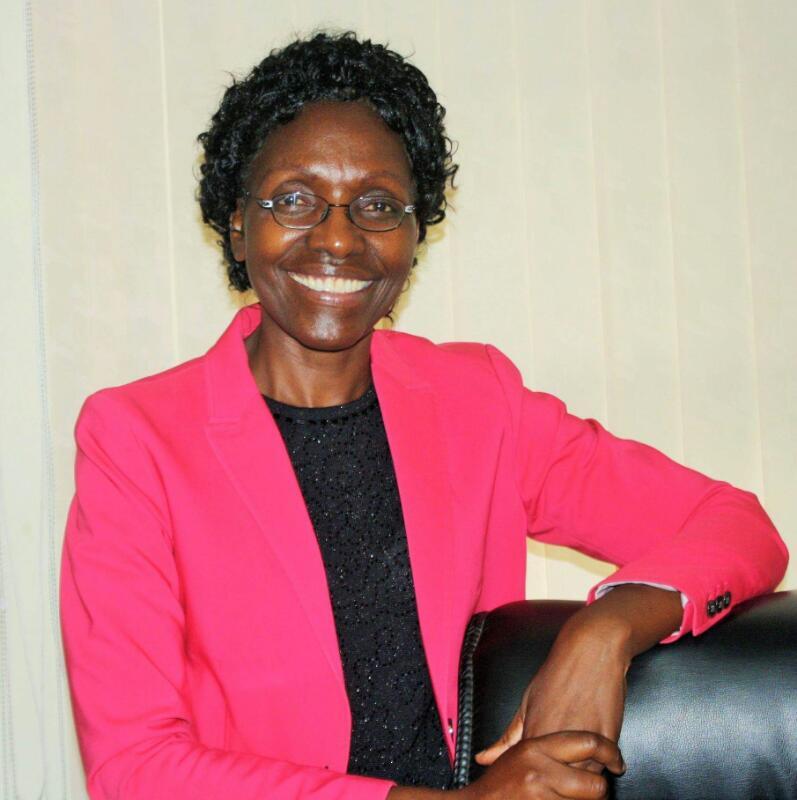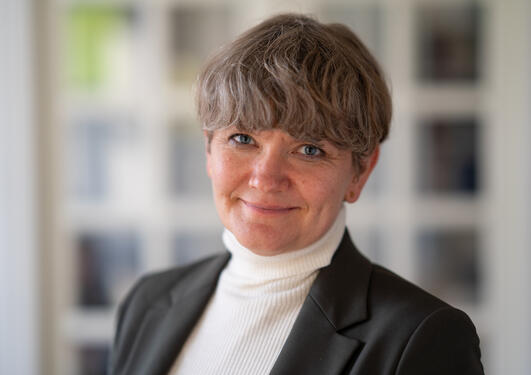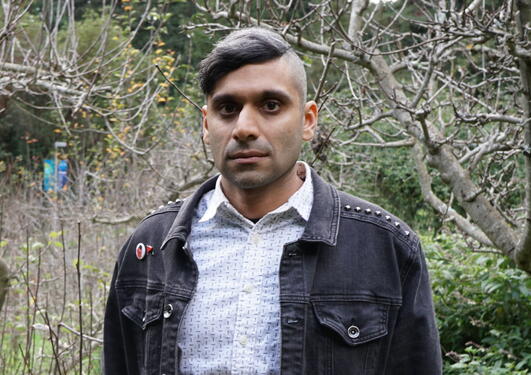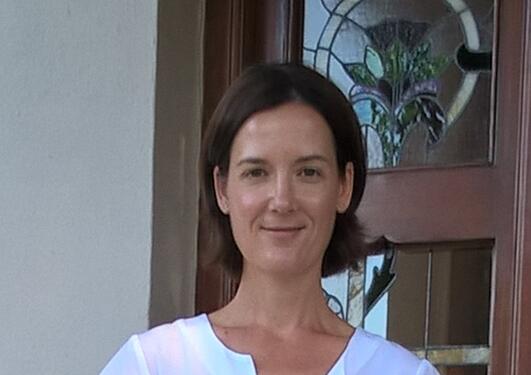Cultural Considerations towards Equality and Equity in Knowledge Access and Development
Emily A. Akuno, Professor of Music, Technical University of Kenya
Hovedinnhold
Research and scholarship is a goldmine to those who desire to delve into discoveries, be it of new information or of further truths about what has already been made known. There is growing evidence that some research output has been put to good use in the global endeavours to improve the quality of life and secure a harmonious existence. Still, not all research outcomes are used for the good of humanity—be it directly or through the improvement or sustenance of the environment that we share with other beings. In their wisdom, humankind has a way of diverting knowledge to their advantage, even if to the disadvantage of the next-door neighbour.
A cursory glance at research reports reveals disparities in contexts, content, objects and subjects of inquiry. There is inequality in provisions for research, beneficiaries of research output and access to the discoveries that can be appropriated effectively. These disparities cut across geographic and economic contexts.
Concepts in education and attendant terminologies arise out of socially constructed contexts. The intellectual position therefore reflects a world view held by the planners of education, couched in a vocabulary that reflects the culture of the designers, consumers and producers of the education. Since education with its supporting arms of research and knowledge management are primarily human endeavours, this presentation will look at culture, that human attribute of identity and function, as a means to understand inequality and equity in access to knowledge and the generation and dissemination of knowledge.
Culture will further provide justification and an anchor for a more equitable means of supporting higher education research and knowledge transfer. The presentation will look at the concept of knowledge and its application with reference to the themes of the summer school, the question of ethics in decision-making for knowledge generation and application, and then focus on the question of the role of culture in understanding and addressing the question of equality and equity in access to knowledge and higher education research.
This session will be chaired by Professor David Hebert, HVL.
Emily A. Akuno is Professor of Music who recently served as Deputy Vice Chancellor at the Technical University of Kenya. She is also President of the International Society for Music Education and former President of the UNESCO-affiliated International Music Council. Professor Akuno is a music researcher-performer-educator trained at Kenyatta University in Nairobi (Kenya), Northwestern State University of Louisiana (USA) and Kingston University (UK). Her research interests include music for literacy development, culture-sensitive resources for music education, and research in arts education.






